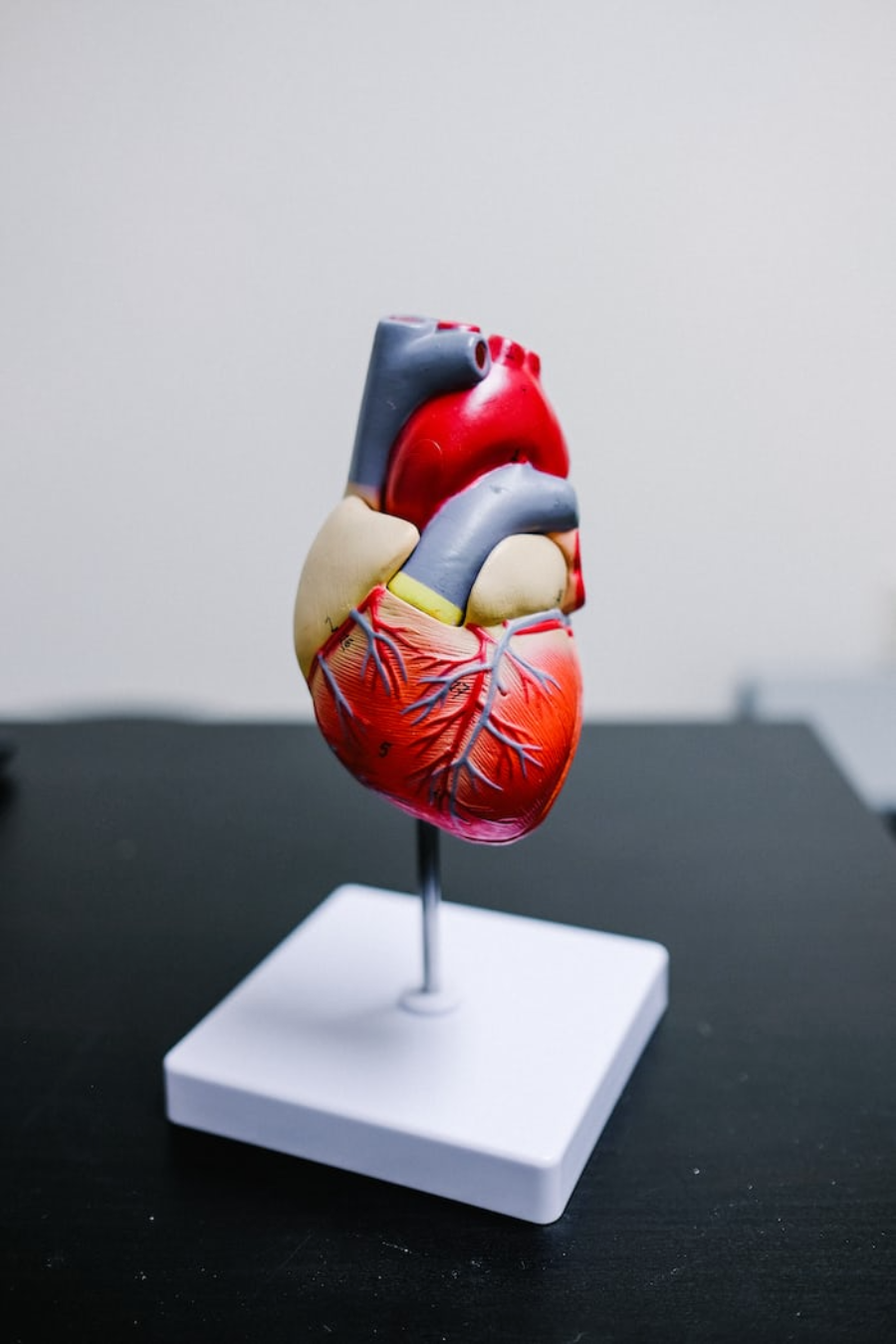

Working as a professional writer has given me the chance to investigate a range of health issues that impact people of all ages. Congenital cardiac abnormalities are among the most prevalent disorders I have seen. These are congenital cardiac defects that may impact the heart's ability to pump blood, leading to cardiac disorders and issues. I am an expert in pediatric cardiology, so I know how crucial it is for people with congenital heart disorders to receive early diagnosis, appropriate care, and continuing support.

Congenital heart disease (CHD) encompasses a variety of cardiac conditions and birth defects that can affect a person's health and quality of life. Any heart abnormality that develops during fetal development is referred to as congenital heart disease (CHD). Conditions can range in severity from mild to severe, and some require prompt medical attention.

Among the prevalent congenital cardiac defects are:
A combination of four heart abnormalities known as tetralogy of Fallot affects how blood flows through the heart and into the lungs.  Surgical techniques, catheter-based therapies, or pharmacological therapy may be used to treat congenital heart disease (CHD), depending on how severe the condition is. An important role in the diagnosis and treatment of congenital heart disease (CHD) is played by a pediatric cardiologist, a physician who specializes in treating heart abnormalities in children.
Surgical techniques, catheter-based therapies, or pharmacological therapy may be used to treat congenital heart disease (CHD), depending on how severe the condition is. An important role in the diagnosis and treatment of congenital heart disease (CHD) is played by a pediatric cardiologist, a physician who specializes in treating heart abnormalities in children.
“Early detection is crucial in managing CHD, as prompt intervention can improve outcomes and quality of life.”
It is crucial to realize that even with successful treatment, people with CHD may require lifelong care. This entails routine observation, follow-up consultations with a physician, and alterations to lifestyle to preserve heart health.
